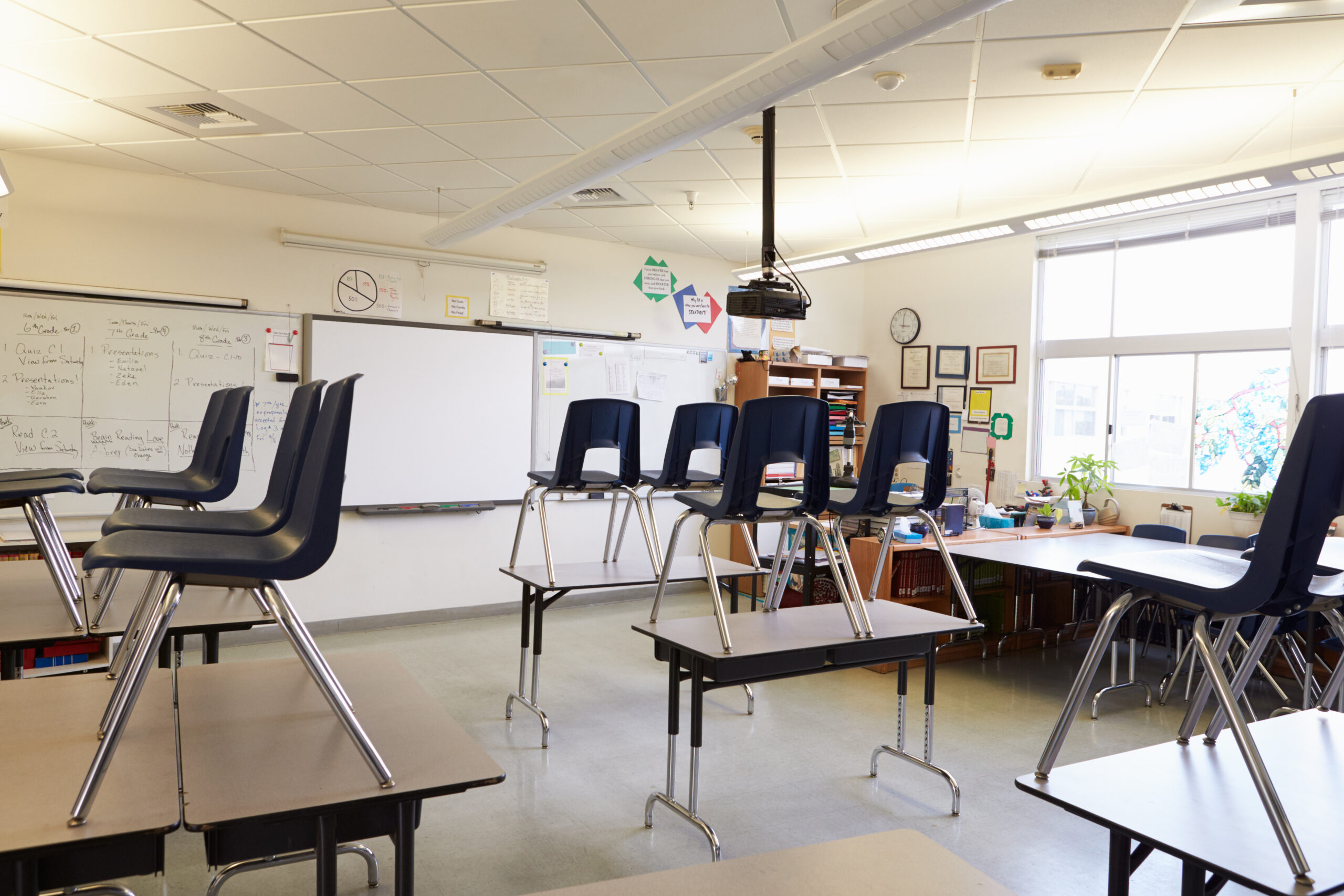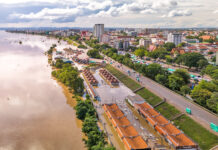Minimising disruptions in education
MANILA (ANN/PDI) – The announcement of class suspensions is often met with relief by students, parents, and teachers alike. However, while a single class cancellation may not significantly impact the overall lesson plan, the cumulative effect of multiple cancellations throughout the semester can exacerbate our educational challenges.
As a former medical student at the University of the Philippines (UP) Manila and now a faculty member at UP Diliman, I have experienced both sides of class cancellations. While a cancelled class may offer temporary relief, frequent disruptions can disrupt learning and contribute to the educational crisis we face.
Having been a member of the UP Diliman faculty for several years now, I can say that an instructor can also feel greatly relieved by a class cancellation. One class doesn’t hurt the whole lesson plan—one can always catch up in the next session, and perhaps just email some reading material or pre-recorded lecture. In some contexts, there is also the option of just holding class online.
But given that multiple classes are canceled in each semester, they can add up in ways that exacerbate our educational crisis. There are numerous ways to measure this impact, but young people themselves know best, and as the journalist Bonz Magsambol wrote in a recent article, drawing on interviews with students: “Due to frequent suspensions of in-person classes, a student feels like it’s the pandemic all over again when he learned less, if not nothing at all.” I do not have empirical evidence for how many school days are actually canceled, but my hunch is that they’re a lot and that they’ve increased over the years, especially after the pandemic has lowered the threshold for class cancellations. On top of typhoons, floods, and transport strikes, the excessive heat has been added to the list of reasons to suspend classes.

As the heat wave gives way to the rainy season, and as discussions about moving the academic calendar gather momentum, there are some issues I want to raise in relation to the politics, logics, and logistics of class suspensions:
The first is whether some class cancellations are actually warranted, and how these decisions are arrived at in the first place. Inclement (I love how this adjective is reserved for this purpose) weather is, of course, a valid reason, and we should allow for the fact that weather forecasting is not a perfect science: Even in the United States, snowstorm forecasts can be way off the mark. But there are times when politics, not meteorology, is behind some decisions (it is local executives, after all, who call the shots); surely, better data and better governance can help localise class cancellations to where they’re actually needed. I must add that the protracted class cancellations due to COVID-19 were unwarranted; we need not have endured one of the world’s longest educational lockdown.
The second is the timing of the cancellations. Sometimes, weather-related cancellations come later in the day, when students have already left—or even when the students have already arrived (making going home, not going to school, the problem). Of course, we cannot fully hold decision-makers responsible given the unpredictable nature of weather, but there must be decisiveness on their part to prevent the inconvenience that the cancelations are intended to avert in the first place.
The third has to do with the alternatives. In some settings, online classes work just fine; I’ve had some success teaching graduate courses over Zoom (I hope my Anthro 267 students—with whom I’ve just finished a semester of online discussions—will agree). But as Magsambol’s article pointed out, online learning has been substandard at best, not even after the pandemic years. If—as it is most likely—online learning will be a permanent component in education, then we need to work on the infrastructure to make it happen, and we need to make it accessible to everyone: not just those who can afford fast and reliable internet, good laptops, and so on. Or else, class cancellations will exacerbate not just our educational crisis but our educational—and ultimately, economic and societal—inequity.

Finally, there is the broader question of how we can adapt our educational system—our classrooms, pedagogical styles, and yes, the academic calendar—to offer a more enabling environment for learning amid a changing climate. I’m sure many in our education sector are already advocating for climate-proof, better-ventilated classrooms, but we need political commitment for these measures, especially since, but beyond the educational system, they will require improving our public transportation, our digital infrastructure, among other broader reforms. Tellingly, a 2016 study by UP Rural High School’s Gregorio Y Ardales Jr and colleagues found that flooding hindered students in Laguna from going to school not just because they can’t travel, but because their own houses were flooded.
Surely, even with our best efforts, there will be situations that merit declarations of walang pasok. But given the importance of every single day in school, we should cancel classes only when it is necessary, and more importantly, we should pursue lasting solutions to minimise the need to cancel classes in the first place. – GIDEON LASCO



















































